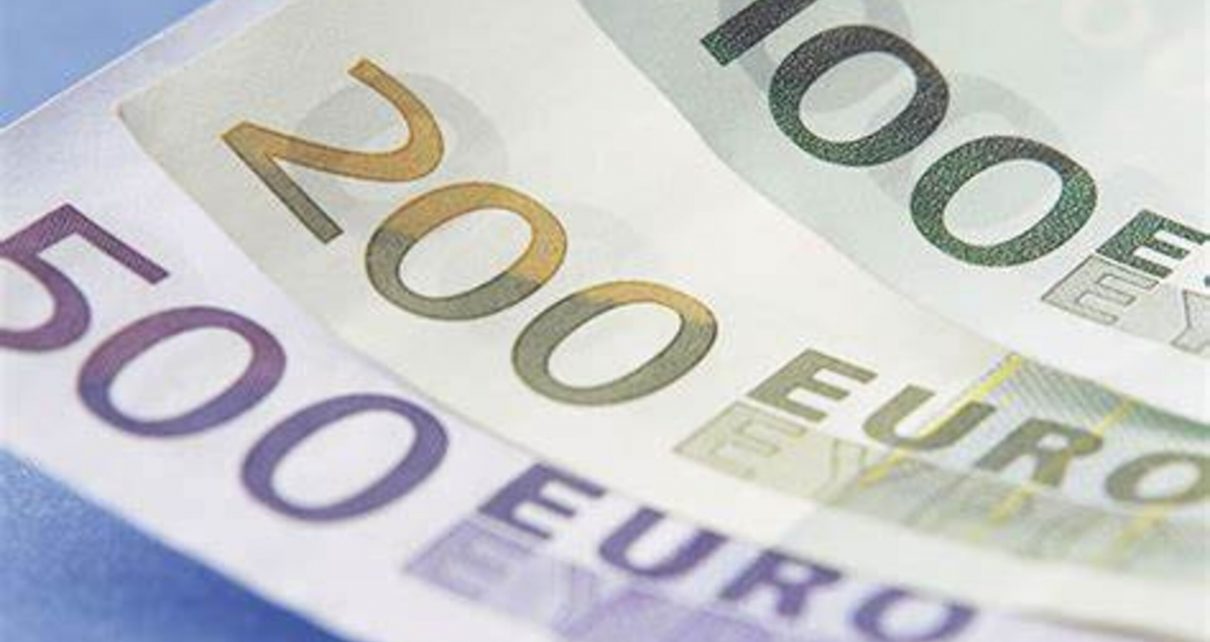Nigeria’s international dollar-denominated bonds experienced a decline on Wednesday in response to remarks from the president’s spokesperson, who emphasised that petrol prices need not escalate further. The spokesperson attributed foreign exchange shortages to what he termed “gross mismanagement” at the central bank.
Of note, bonds with extended maturity dates witnessed more pronounced drops. The 2051 maturity encountered a significant decrease of up to 1.7 cents on the dollar, falling to its lowest point since June 2, before subsequently recovering to trade 0.87 cents lower by 0855 GMT.
President Bola Tinubu, upon assuming office in late May, took the decisive step of discontinuing a popular yet costly petrol subsidy, followed swiftly by the devaluation of the naira currency. Both of these measures had long been sought by investors, leading to a surge in Nigeria’s foreign bonds that reached its zenith at the start of August.
Despite these endeavours, the challenge of dollar shortages persists, and a disparity has resurfaced between the official and black market exchange rates.
The removal of the subsidy, resulting in a more than threefold increase in petrol prices, exacerbated an already prevalent double-digit inflation rate, which surged to an 18-year high in July, as per recently released data.
President Tinubu remains steadfast in his stance against further petrol price hikes, as articulated by his spokesperson, Ajuri Ngelale, who informed reporters that Nigeria need not undergo an “upward movement of pump price in order to accommodate the market-driven reality.”
Carlos de Sousa, an emerging market debt portfolio manager at Vontobel, expressed his disappointment in the decision, stating, “The decision is disappointing for investors indeed.” He further noted, “President Tinubu hit the ground running since day one of his presidency in terms of progressing fast with reforms, and now it seems like further progress will be more gradual.”
The scrapping of fuel subsidies had faced substantial criticism for eroding the government’s fiscal capabilities and its ability to manage debt obligations, according to Ayodeji Dawodu of investment bank BancTrust. Dawodu highlighted that potential pressure from labour unions and manufacturers could have contributed to the presidency’s stance on this matter.
In tandem with these developments, President Tinubu initiated an investigation into the central bank, led by the suspended and detained governor, Godwin Emefiele. This inquiry arose from criticisms of the bank’s policies, particularly its actions to support the naira, expressed during President Tinubu’s inauguration in May.
In the face of the currency’s plummet to record lows on the black market, authorities are actively exploring avenues to stem its decline. Acting central bank governor Folashodun Shonubi engaged in discussions with President Tinubu on Monday, seeking strategies to enhance liquidity, following the revelation that the bank held a $19-billion derivatives commitment as of 2022.


